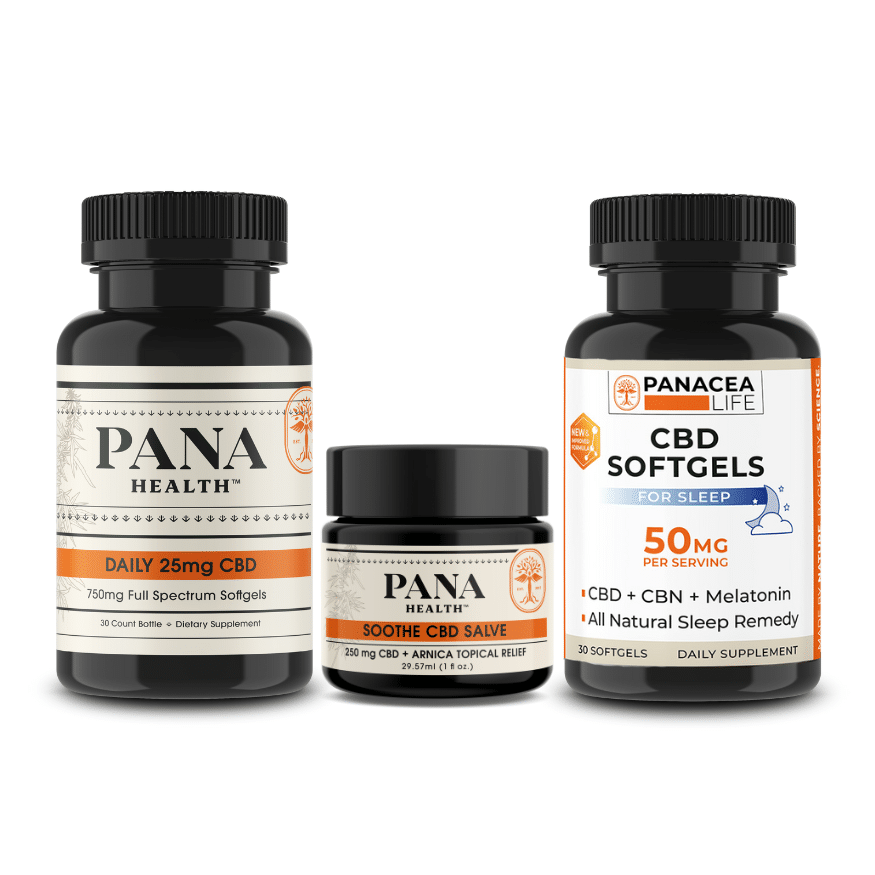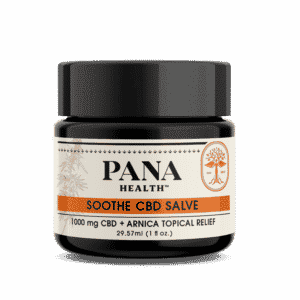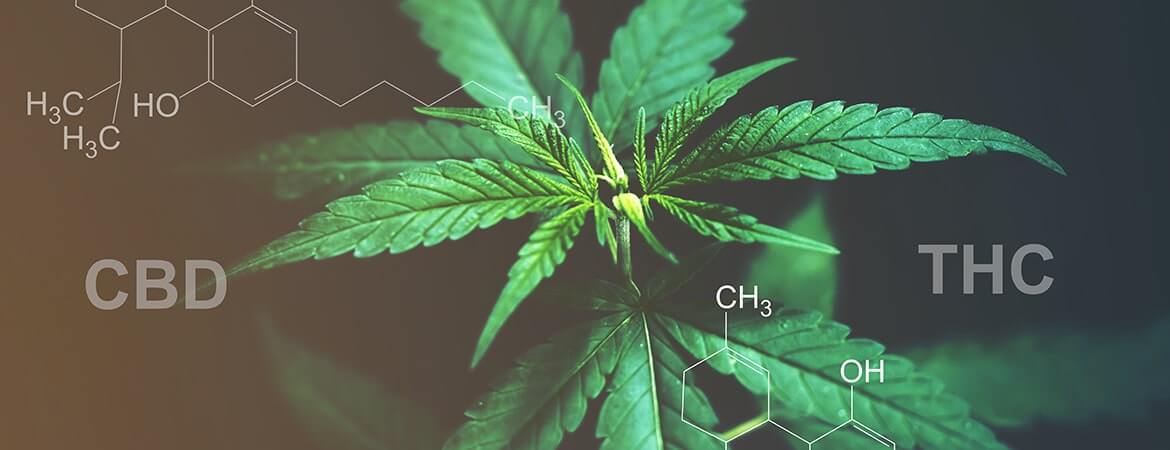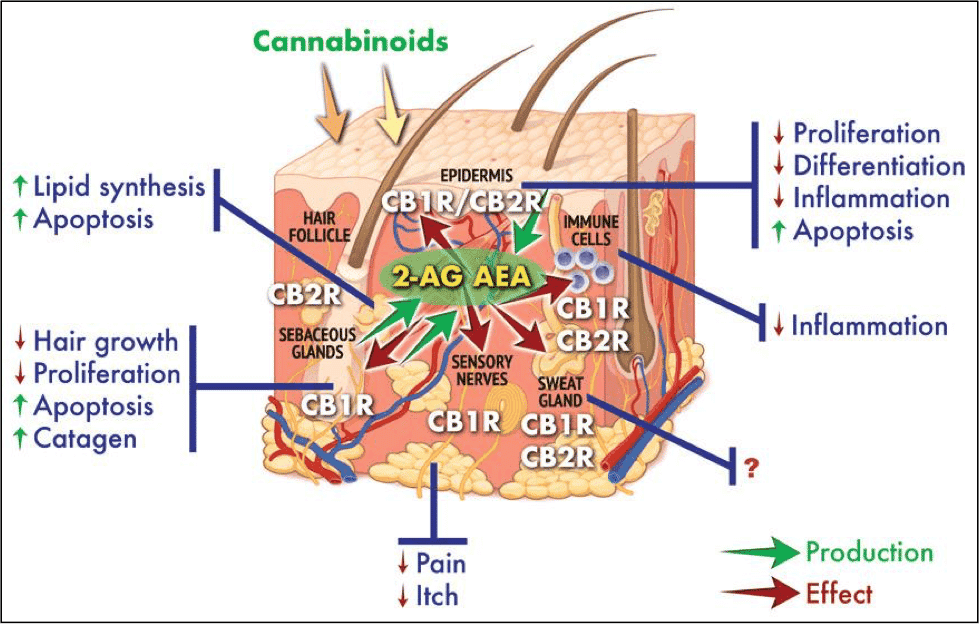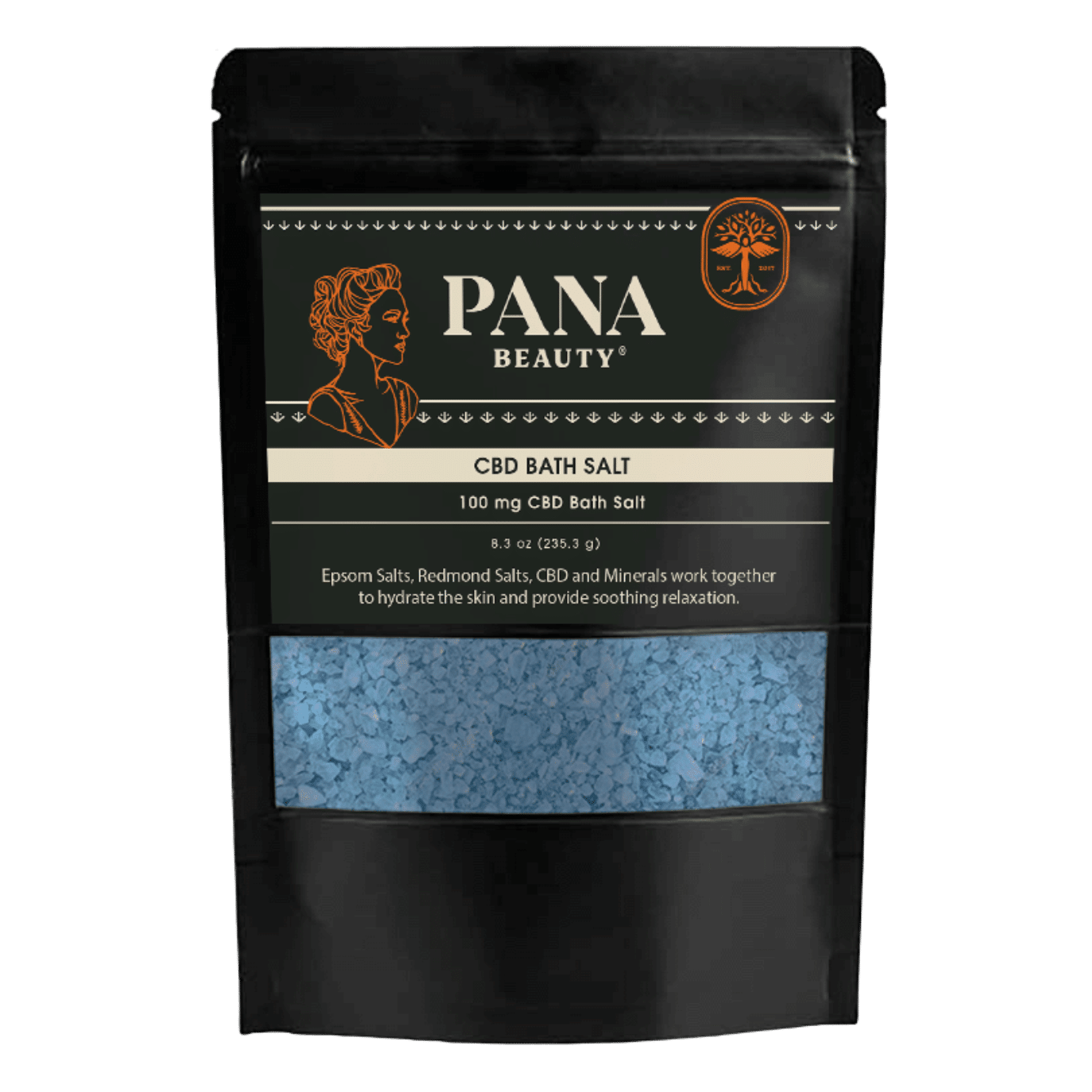Cannabidiol (CBD) has gained in popularity in recent years, but that does not mean that everyone is comfortable with it. There are many people who feel uncomfortable with the idea of someone taking CBD, which makes it hard to talk about it with them. So how do you approach talking about something that still seems a little taboo?
What is CBD?
You may already know what CBD is. But if you are going to talk about with others, it is nice to have a definition laid out for you.
CBD is a chemical compound found in cannabis plants. It falls under a broad category of compounds known as cannabinoids. There are over 113 cannabinoids that scientists have identified so far and there are likely even more. While CBD is one of the more well-known cannabinoids, there is one that it is often unfairly confused with. That would be tetrahydrocannabinol (THC).
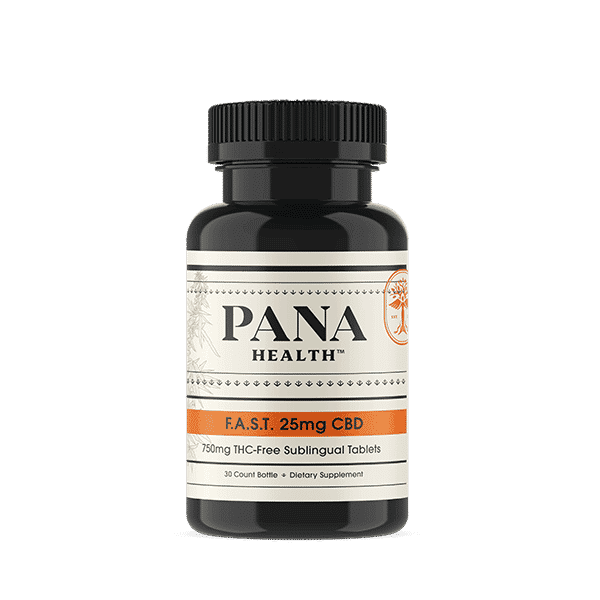
This confusion often comes from the fact the THC is one of the few cannabinoids that many people are aware of. Its fame stems mainly from the effect that it has on people. THC is psychoactive. That means that it causes the inebriation that is more commonly called a “high” and is often associated with cannabis. This leads many people to believe that CBD is also psychoactive. However, that is not the case. CBD has no inebriating effects on its users.
There are two variations of cannabis that are often used interchangeably: hemp and marijuana. However, they are actually considered different enough for one of them to considered legal and the other illegal. This difference is defined by the concentration of THC in them. Hemp has low levels of THC (less than 0.3% to be exact), leading to its legalization in the United States in 2018. Marijuana, on the other hand, is still federally illegal because it has high levels of THC. An important thing to note about these two variations of cannabis is, hemp has high levels of CBD and marijuana has low levels. As a result, most CBD manufacturers us hemp in their extraction rather than marijuana.
There are three main forms of CBD extract: full-spectrum, broad-spectrum, and CBD isolate. The hint to the differences between them lies in their names. Each name refers to how many other cannabinoids exist within the extract along with the CBD. Full-spectrum contains the most plant components. It has every other cannabinoid and compound that comes with the CBD during the extraction process, including THC (which, as talked about earlier, cannot be more than 0.3%). Broad-spectrum is similar to full-spectrum, but with one important difference, it does not have any THC in it. The appeal of these two extracts is something called the entourage effect. This is when compounds build upon each other to provide a stronger effect. As you probably guessed, CBD isolate is just that: CBD that has been isolated from everything else. There are no other cannabinoids or compounds in CBD products made with isolate. These may not be as strong, but they may provide a “purer” CBD experience.
That was just a brief overview of what CBD is. Now let’s talk about what CBD may do.
What does CBD do?
There has been much research looking into what benefits CBD may offer people. This research is ever growing, but the studies that have been published so far have been promising. Let’s talk about what some of those studies say.
Helping promote a sense of calm
One of the main effects that CBD is known for is its potential ability to help achieve a greater sense of calm. This study had test subjects with anxiety participate in public speaking. Some of the subjects were given CBD beforehand. Those who were given the cannabinoid took to the challenge more calmly and with more confidence.
Helping reduce inflammation
This is an area of high interest that has been explored by researchers. The number of studies is understandable as inflammation is an issue that plagues many people and can cause some serious discomfort and difficulty moving. These studies have shown many interesting and promising results. For example, this study focused on how CBD interacts with inflammation caused by oxidative stress. The researchers found that CBD was greatly able to reduce the inflammation.
Helping reduce epileptic seizures
This arena of study has been so successful it has led to the first pure CBD-based medication to be approved by the Food and Drug Administration. It is a medication called Epidiolex. It is aimed at helping keep seizures caused by a severe form of epilepsy to as much of a minimum as possible. It is approved for use in people of almost every age, including children, who often have to deal with the hardest epileptic side effects.
Helping with acne
This particular benefit may be a little surprising. After all, how can a compound that is supposed to provide a calming effect, help with inflammation and epilepsy also have an effect on skin health? Most studies attribute it to the cannabinoid’s effect on sebum production. That is the oily substance that the body makes to help protect the skin. However, too much of it can clog the pores and cause acne. This study was looking at how CBD effected sebum production. The researchers found that the CBD helped reduce the production and as a result, helped reduce the severity of the acne.
As mentioned, the number of studies done on CBD’s effects grows constantly. There is much more to know about what CBD may be able to offer for people. Those are just a few examples of what we know so far.
How to take CBD
If the potential benefits of CBD caught your eye, it is likely that you are wondering how exactly someone can take CBD. Well, there are many options out there. CBD manufacturers have developed many different products aimed at getting the best out of the cannabinoid, and they are working on more all the time. Let’s talk about what some of them are.
Topicals
This category of CBD product includes lotions, salves, and cremes. It is basically any CBD product that you rub on your skin (instead of taking orally like most CBD products). These are more likely to have a localized effect. This is because the CBD in these products does not enter the bloodstream, like it does in others. The CBD is going to absorb through the pores and stay around the area where it is used.
Oils & tinctures
These are often considered the more “traditional” option for CBD products. They are CBD extracts that have been mixed with a carrier oil, like coconut oil. There are a couple of different ways that you can take oils and tinctures. You can either mix some in with a food or drink, or you can place the drops directly into your mouth, under your tongue.
Edibles
The name of these CBD products is fairly self-explanatory. They are food or drinks that have been made with the cannabinoid. These are very popular. It is likely because they taste good and are easy to take. However, they are one of the slower ways to take CBD, as the food needs to digest before the CBD can start to work.
Capsules & tablets
These are pill-like CBD products. The capsules are usually soft gels, which makes them easier to swallow and they do digest faster. However, they do still need to digest so it could take some time. CBD tablets are often sublingual tablets. That means that you take them by placing them under your tongue and allow them to dissolve. The CBD tends to work faster with these because the skin under the tongue is thin and allows things to absorb better.
How to talk about it
Despite the fact that CBD is more prevalent than ever, there is still an odd stigma around it. This could make many people who are benefiting from the cannabinoid hesitant to talk about it with other people. They fear that they will be pegged as a “druggie” or something along those lines. If this is concern of yours, the biggest thing you need to remember is that misconceptions usually come from a lack of knowledge.
If you want to talk to people about CBD, the best thing to do is provide them with what could be considered some of the most important information about it. This would include things like, the fact that CBD is not psychoactive. It is THC that makes people high, not CBD. Even when a CBD product has THC in it, it legally cannot be a concentration high enough to create inebriation.
Be sure to also let them know that CBD is normally extracted from hemp rather than marijuana. That there is a distinction between them, one of the most important being that hemp is legal throughout the United States. Marijuana is only legal at some capacity in a handful of states.
Basically, the best way to talk about CBD with others is to use the information provided in this article. If someone is still bothered by the idea of you using CBD, then that is too bad for them. They may not ever understand the benefits that the cannabinoid could offer them.



